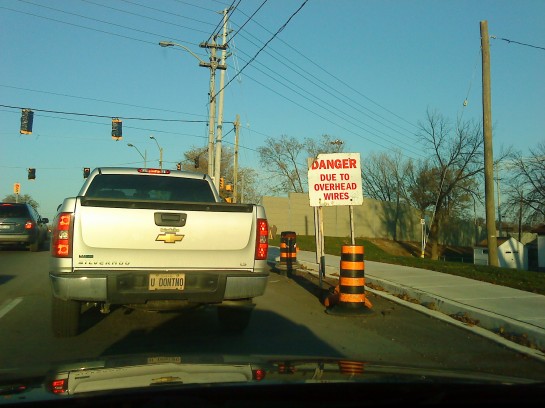Will WikiLeaks Change Diplomacy?
I know a friend, a very close friend, born with a long-term and life-threatening disease, who has been dropped by her current insurance carrier, and has been refused coverage by any other health insurance company, because she has a “pre-existing condition”. My friend is fourteen years old. If insurance companies were not, by law, allowed to operate this way, it would be fantastic. And fair. But since that is not the case, wouldn’t it be great if our health and conditions and all our health records were our secrets to keep? Even if there was no health insurance dragon to contend with, there are some things that I would rather keep secret. All the contents of my body and mind are not for the consumption, or even passing knowledge of anyone and everyone.
I find it strange that people who are so ferocious about their privacy rights are sometimes the very same ones who want to relinquish the privacy of nations, governments, diplomats – others. They are not “others” really. Yes, these entities are not always up to good, and sometimes, as Paul says, are actually up to nogood. But we elected them, they are us. So I don’t think I would want to take Assange’s advice on how to hold them accountable or how to make them operate more transparently, or when that transparency is appropriate and when it isn’t.
It’s not always good to keep secrets – but total transparency is not the only other way. And not on the say-so of this, as I said before, alarmingly creepy guy. (And no, I’m not able to separate these things. A man who may have treated women that way is not someone I would support. Withholding judgement till Swedish jury returns.)
More later, definitely.

 What does Louisa Lim have in common with Biggis Dikkis? This question came to me as I listened to NPR while trying to finish an unfinished story. I am certain I will be pilloried for my meanness, but it broke me out of my appall.
What does Louisa Lim have in common with Biggis Dikkis? This question came to me as I listened to NPR while trying to finish an unfinished story. I am certain I will be pilloried for my meanness, but it broke me out of my appall.